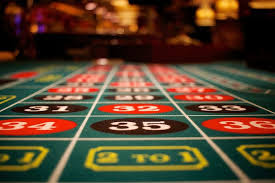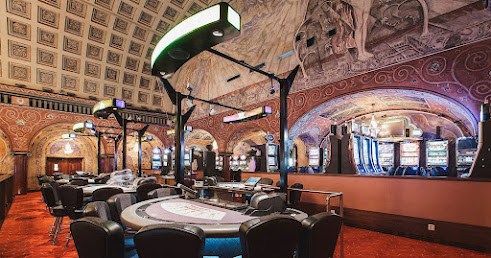The Contract DLC could affect the game
While the announcement of the latest update for GTA Online has raised excitement , several questions have also popped up. Fans are curious to know what the release of The Contract means for the future of the game. With Rockstar Games preparing for the next-gen release of GTA Online, followers are curious to know what direction it will be headed. The title is so lucrative that the developer has almost abandoned their other multiplayer game , Red Dead Online.Hence , GTA Online will likely remain their primary focus for a few more years.




Comments
Post a Comment